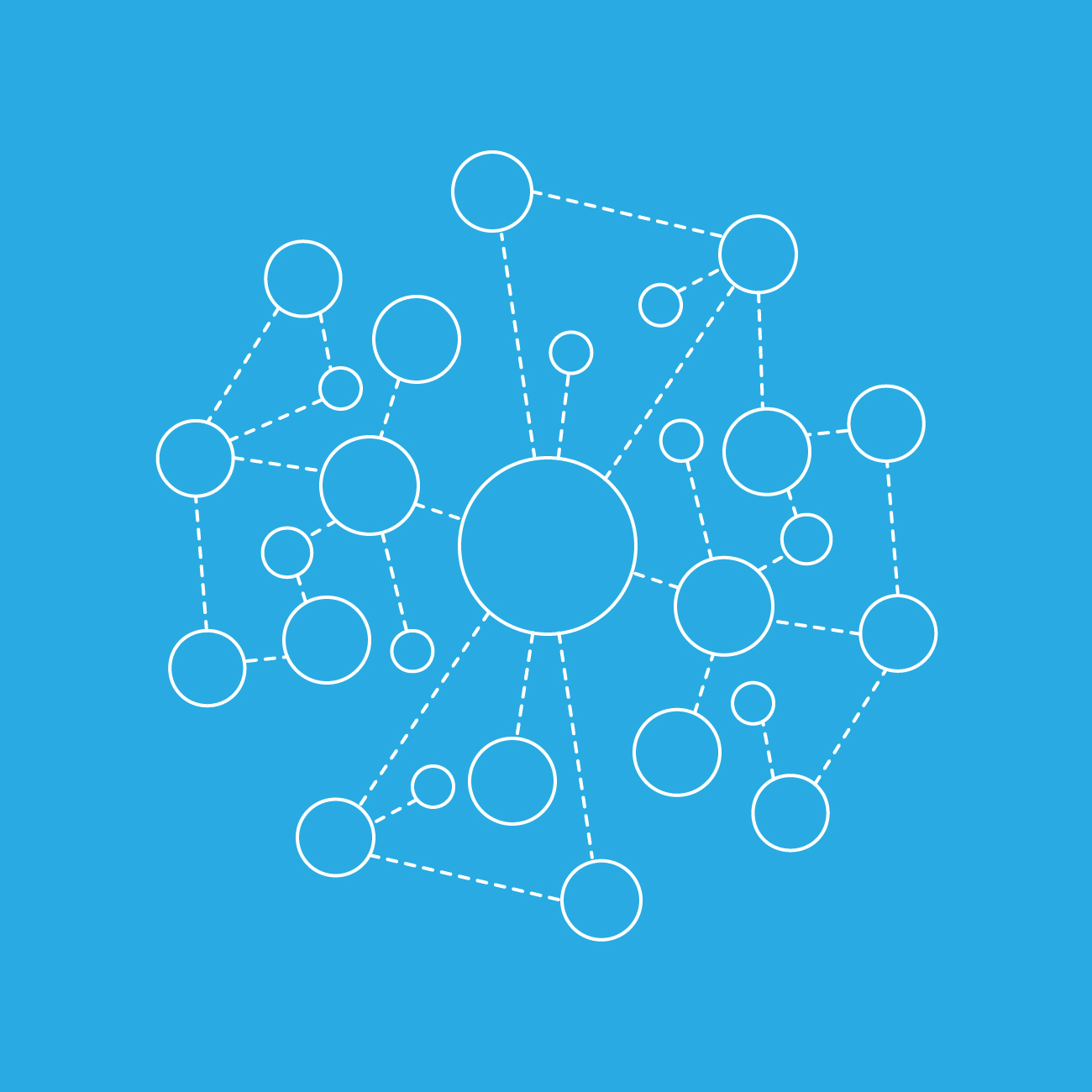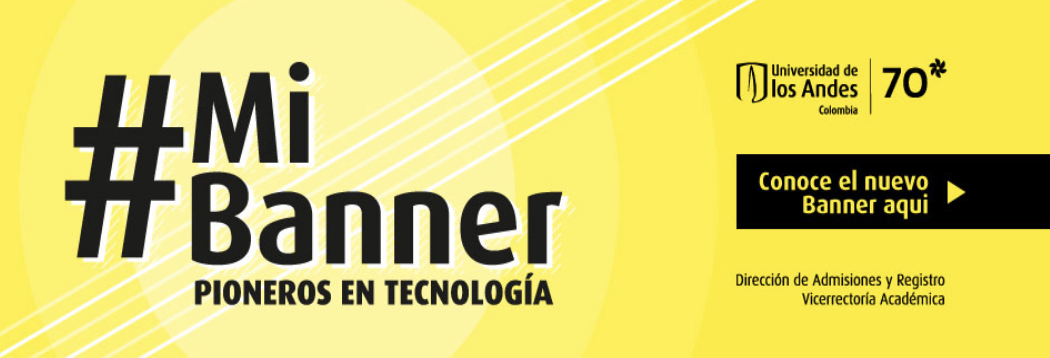Código
CBPC-1305
Descripción:
What is society? What characterizes it and what distinguishes it from animal society? What, furthermore, distinguishes human society from the society of early homo sapiens? For they must have engaged in rudimentary forms of being together before developing what we call culture and recognizable institutions. These questions about the nature and possibility of human society, are fundamental to the social sciences. In answering these questions, this course focuses on institutions. And since any consideration of institutions must consider also norms, values and beliefs, it also looks at culture.
Culture and institutions are then the theme of this course devoted to understanding society. While the University offers a number of courses on specific, formal institutions (legal, political and economic, and strongly disciplinary for the most part), in this course we will focus on informal institutions that are the context for our everyday lives, and the norms, values and beliefs that are closely related to them.
We will look specifically at the origins of institutionalization and culture; sex and gender as cultural and institutional; the particular role of language or “the symbolic” in the structuring of institutions; informal institutions as culture; we will seek to understand what norms, values and beliefs are, and their importance; and we will look specifically at human rights in terms of both culture and institutionality. Our understanding of how these phenomena fit together requires an interdisciplinary approach, drawing on philosophy, psychology, anthropology, sociology and behavioral economics, among other disciplines.
This course will be attractive to students of economics and business, law, humanities and social sciences, and others who wish to explore the nature of institutions as such: what they are, where they come from, and how they change. The study of institutions from a cultural perspective will allow students to understand the source and significance not only of their own behavior, but of social behavior too: theft, honesty, faithfulness, corruption, free-riding, female genital cutting, clothing choices, infidelity, friendship, terrorism and more, will be discussed. In exploring the obstacles and possibilities of individual and social change (teaser: it turns out that one of the best ways to cultivate improved social norms is … soap operas), we will develop the practice of scientific thought with an emphasis on ethics.



